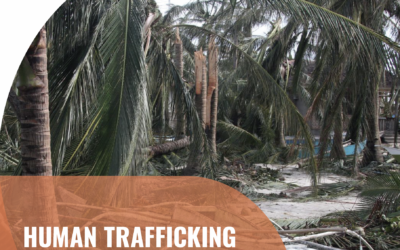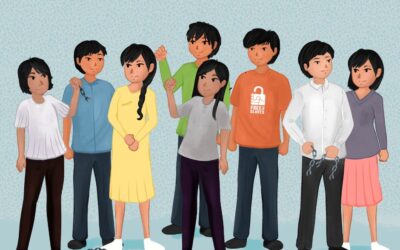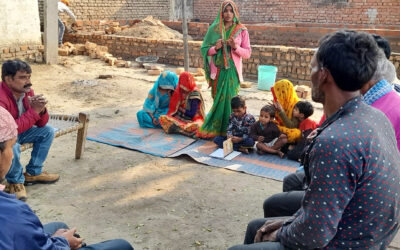The Free the Slaves Community Liberation Toolkit (CLT) continues to provide learning opportunities for anti-slavery grassroots organizations worldwide. Following the onset of the COVID-19 pandemic, FTS has invested in developing online tools to train and mobilize diverse stakeholders and advance anti-slavery efforts across the world.
As FTS enters the Southeast Asia region, it introduced the CLT to 11 civil society organizations with 20 participants based in various cities and provinces in the Philippines. In June, FTS presented locally-adapted training through 90-minute morning and afternoon sessions via Zoom. The sessions provided inputs on how the participating organizations can educate and mobilize vulnerable communities. The module has trained the participants to understand the FTS approach in enabling at-risk communities, which is a pillar of the Free the Slaves Community Liberation Model. It also served as an opportunity for the participating organizations to incorporate into their anti-slavery interventions and existing work plans the FTS strategies in slavery-proofing vulnerable communities.
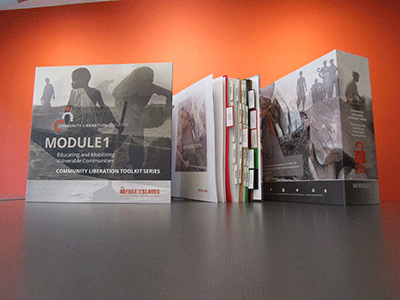
The training was composed of 10 sessions over five days, which contained interactive exercises such as case study analyses and group discussions. The sessions trained the participants about conducting conscientious dialogue in communities surrounding the complex scenarios of modern slavery and the need for a multi-coordinated response. The participants have also acquired a better understanding of international laws and existing national policies concerning modern slavery in the Philippines. They also simulated the push factors of vulnerabilities among victims and the FTS process of integrating their organizations in vulnerable communities by mobilizing various stakeholders. After the training, the participants were provided with reference materials containing various references of rights education, important definitions, and step-by-step instructions for conducting effective participatory learning exercises. These materials will further empower the participants in applying the concepts they have learned while working directly with vulnerable communities.
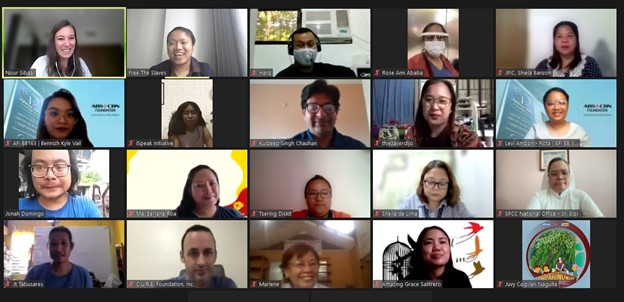
Juvy Naguita of Philippine Islands Kids International Foundation shared, “The exchange of ideas from other participants including their best practices in addressing gaps in modern slavery have provided us powerful insights. The speakers have also provided great presentations of important topics for us community responders.”
As a result of the training, civil society organizations are now better equipped to support at-risk communities, survivors, and victims affected by modern slavery. The training has also upskilled the participants in designing approaches to engage communities, promote advocacy work, and establish a more cohesive anti-slavery movement through collaboration and exchange of knowledge. Given that the organizations represented operate in various forms of agenda such as conflict resolution, child abuse rescue, and shelter management, the training was an opportunity for FTS to ensure that anti-slavery responses in different parts of the Philippines will have a concerted effort to reach various stakeholders and vulnerable communities. Feedback from participants was obtained to provide FTS with a better understanding of how it can utilize its existing tools and resources to effectively enhance organizations in the Philippines and Southeast Asia. Moving forward, FTS will continue to establish and nurture the existing relationships with represented organizations to build anti-slavery momentum to protect more vulnerable populations.

